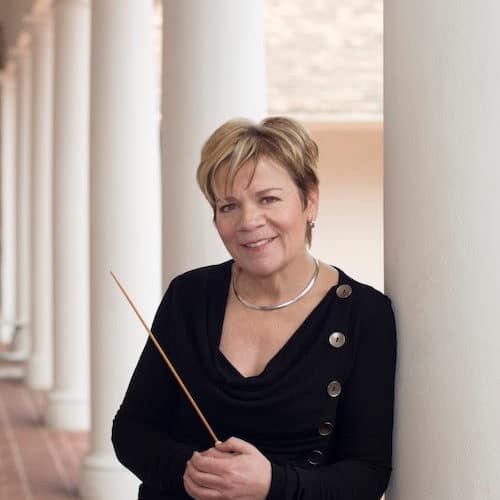Shock move: Major US conservatory buys out ailing artists agency
mainThe San Francisco Conservatory of Music has agreed to acquire Opus 3 Artists, an international agency that was hovering on the brink during the Covid pandemic.
The move is without precedent. Conservatories have generally kept a sanitised distance between their work and the music business. This is blue-sky thinking at its bluest hue. No-one fully knows how it will work.
Opus 3 Artists will continue to operate as an autonomous company with 250 artists on its books.
SFCM has a student roll of 500. David H. Stull, President of SFCM, will serve as Chairman of the joint venture. David V. Foster will continue as President and CEO of Opus 3 Artists. He said: ‘The alliance is a triumph of new thinking and possibility for the future at a critical time in the performing arts. Thoughtful and imaginative collaboration is the currency of success for our common future. Opus 3’s artist managers and staff enthusiastically embrace this opportunity for ourselves and our clients, and we all share the aspiration to keep music vibrant and to support participation for all in every community.’
Although the deal was done by the two Davids, the conductor Marin Alsop, who is an Opus3 artist, is a joint connection.
She tells Slipped Disc: ‘Whenever two dynamic organisations come together in order to achieve more it’s a cause for celebration. When it’s the agency that I’ve been with for most of my career, Opus 3 Artists, and the San Francisco Conservatory of Music it makes for an especially auspicious union. I’m excited by the plans already agreed and the many more that are being developed and look forward to exploring how I can contribute to this alliance. At a time when all performers have been affected by the pandemic it’s wonderful to be able to welcome such a significant investment in the performing arts that shows us all that ‘this too will pass’ and that the future is full of opportunities to grow and expand our work in bringing the wonder of the performing arts to as many people as possible.’

The cellist Yo Yo Ma said: ‘Culture is about connection and creativity, and this new alliance is fuelled by both. I cannot wait to see how Opus 3 and the San Francisco Conservatory find new ways to build on their impressive legacies and create the kind of multi-generational, cross-disciplinary cultural work that our future demands.’







Comments